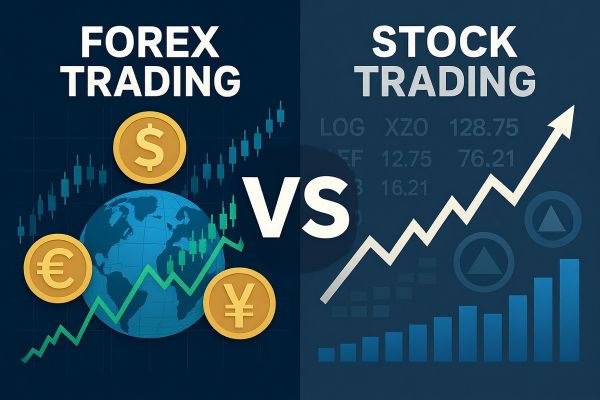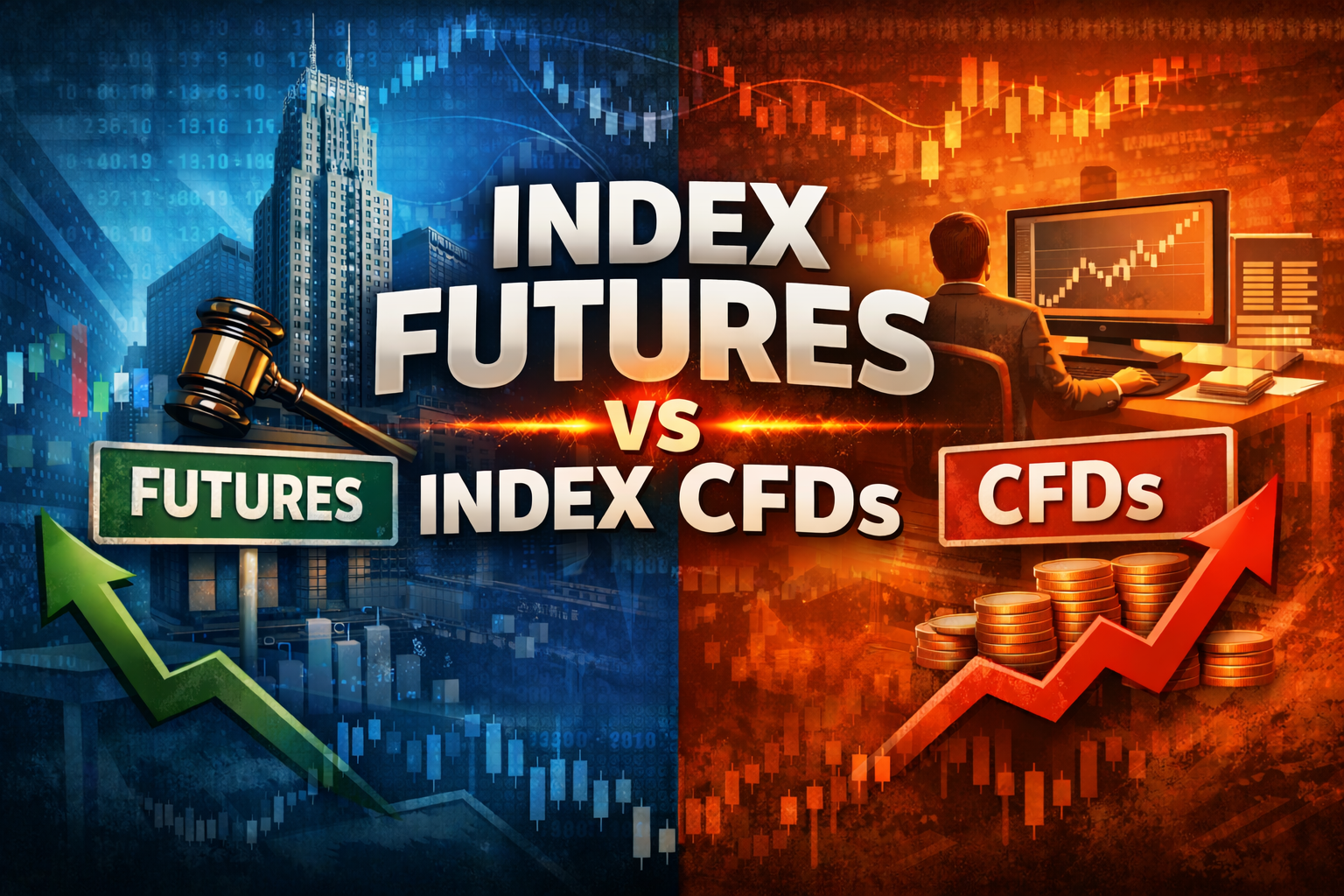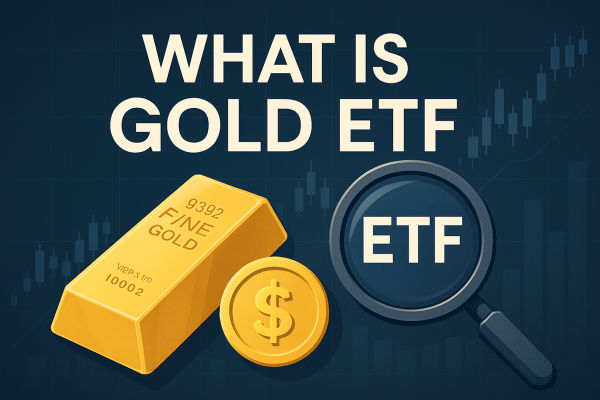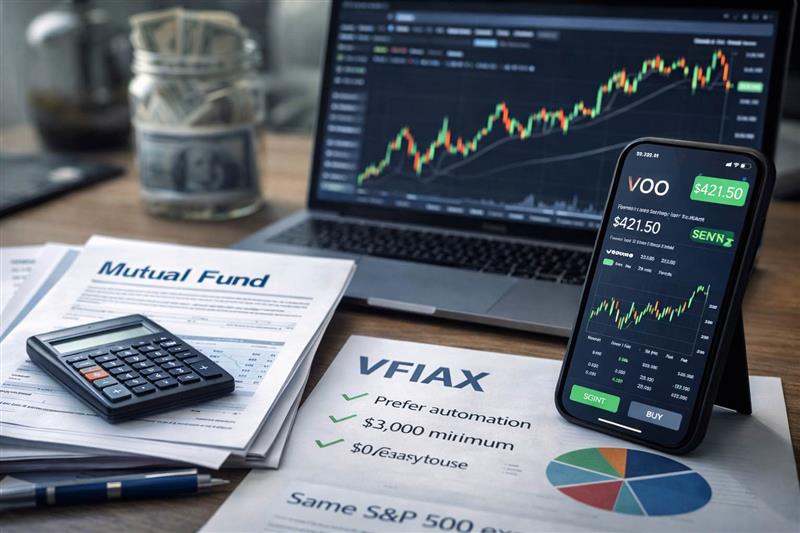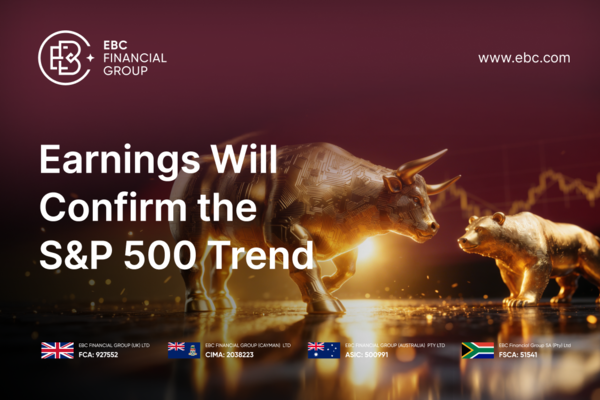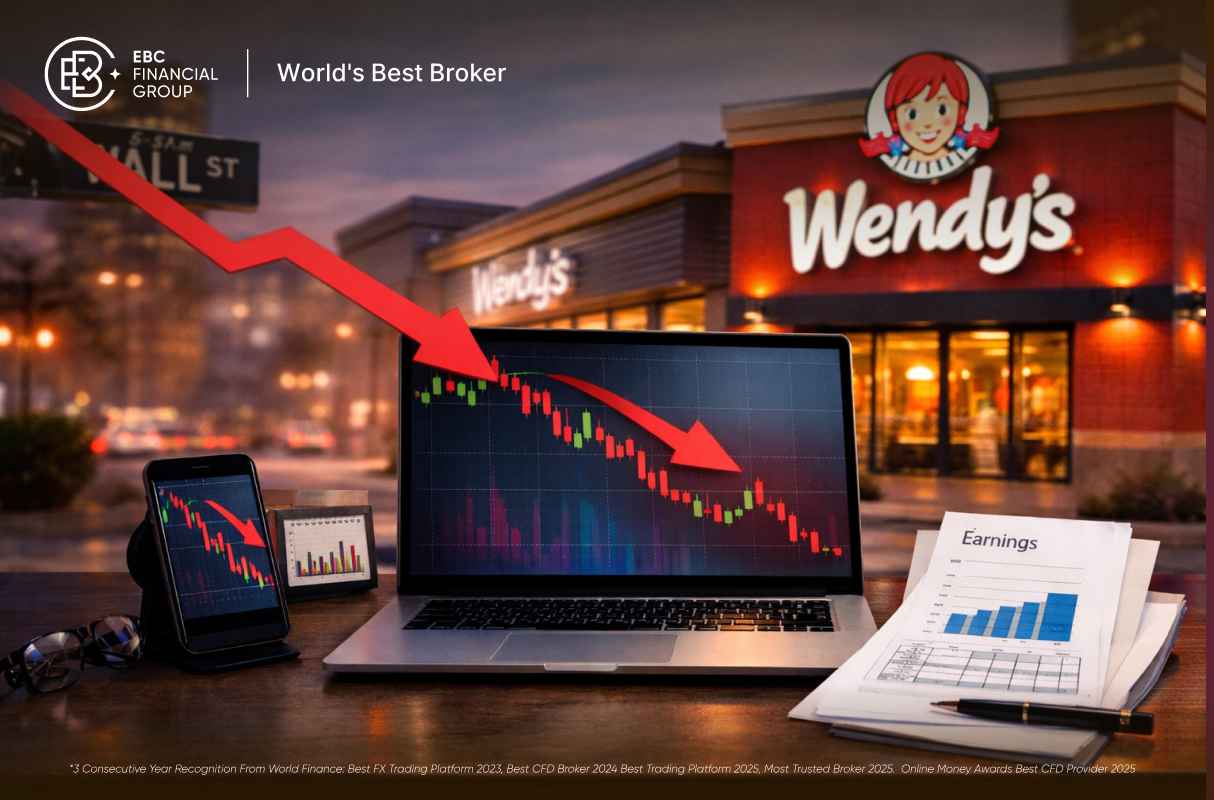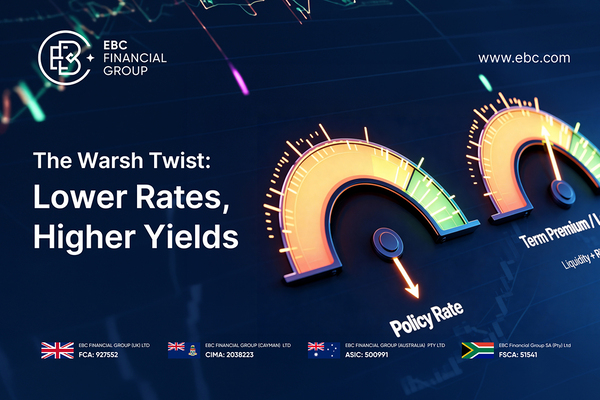When people first enter financial markets, one of the most frequent questions is whether forex trading or stock trading is the superior option. Both are widely traded, each has distinct advantages and risks, and both can present strong profit opportunities with the right strategy. However, comparing forex trading and stock trading goes beyond picking one over the other. It’s about understanding their mechanics, evaluating risk profiles, and determining how each fits your objectives, availability, and financial situation.
This article offers a detailed comparison of forex trading and stock trading, focusing on how each market operates, their key differences, and which option may suit various types of traders.

What Is Stock Trading?
Stock trading means buying and selling shares in companies listed on exchanges like the NYSE, NASDAQ, or NSE in India. When you purchase a stock, you gain partial ownership of a company, giving you access to dividends and the possibility of capital gains.
Stock markets operate through centralised exchanges with fixed trading hours, usually from morning to afternoon in the respective country’s time zone. Traders often focus on large-cap companies such as Apple, Reliance, or Tata Consultancy Services, as well as smaller growth companies depending on their risk tolerance.
Forex Trading vs Stock Trading: Market Size and Liquidity
One of the biggest differences between forex trading vs stock trading is liquidity. The forex market is unmatched in scale, with trillions exchanged daily. This ensures tight spreads, minimal slippage, and easy entry and exit even for large positions.
In contrast, stock markets have lower liquidity by comparison, though large-cap stocks like Apple or Reliance still offer deep markets. Smaller or mid-cap stocks may have less trading volume, leading to wider spreads and more price volatility when executing orders.
For traders who value high liquidity and seamless trade execution, forex often has the edge.
Forex Trading vs Stock Trading: Trading Hours
Forex is open 24 hours a day, five days a week, thanks to its decentralised structure across time zones like London, New York, Tokyo, and Sydney. This continuous market flow allows traders to choose times that fit their schedules, whether during the day or late at night.
Stock trading, however, is limited to set hours. For example, the NSE operates from 9:15 am to 3:30 pm IST, and the NYSE runs from 9:30 am to 4:00 pm EST. After-hours trading is possible but usually comes with lower liquidity and wider spreads.
If you need flexibility, forex trading is often more accessible.
Forex Trading vs Stock Trading: Volatility
Volatility represents how much price moves in a given period. Forex trading tends to be influenced by macroeconomic events such as interest rate decisions, inflation reports, or geopolitical tensions. Currency pairs can fluctuate within seconds during major news releases, creating both risk and opportunity.
Stock trading volatility is more tied to company-specific events. Quarterly earnings, leadership changes, product launches, or scandals can dramatically impact a company’s share price. Broader economic shifts also influence indices like the S&P 500 or Nifty 50.
While forex provides consistent global volatility, stock trading can have sharper, company-driven swings.
Forex Trading vs Stock Trading: Leverage
One of the most defining aspects of forex trading is leverage. Brokers often offer leverage of 1:30, 1:50, or even higher in some jurisdictions, allowing traders to control larger positions with smaller capital. While this magnifies potential profits, it also increases risk significantly.
In stock trading, leverage is far more limited. Many regulators cap margin trading around 1:2 to 1:5. Although this limits exposure, it also reduces the possibility of large overnight losses.
This difference makes forex appealing to high-risk, short-term traders but also dangerous for the inexperienced.
Forex Trading vs Stock Trading: Regulation
Stock exchanges are tightly regulated, and listed companies must publish regular reports to maintain transparency. Investors are protected by securities regulators such as SEBI in India, the SEC in the US, and others worldwide.
Forex trading is decentralised, with oversight depending on the broker’s jurisdiction. Leading regulators like the FCA (UK), ASIC (Australia), and SEBI (India) enforce strict standards, but not all brokers are equally reliable. Choosing a well-regulated broker is critical for safety in forex.
Forex Trading vs Stock Trading: Time Commitment
Forex often requires more active monitoring due to its fast-moving nature and the impact of global news events. Many traders use day trading or swing trading strategies.
Stock trading can be more long-term focused. While day trading stocks is possible, many investors prefer to buy and hold for years, benefiting from dividends and compounding growth.
If you prefer active trading, forex might suit you. If you prefer building wealth gradually, stock trading may be better aligned.
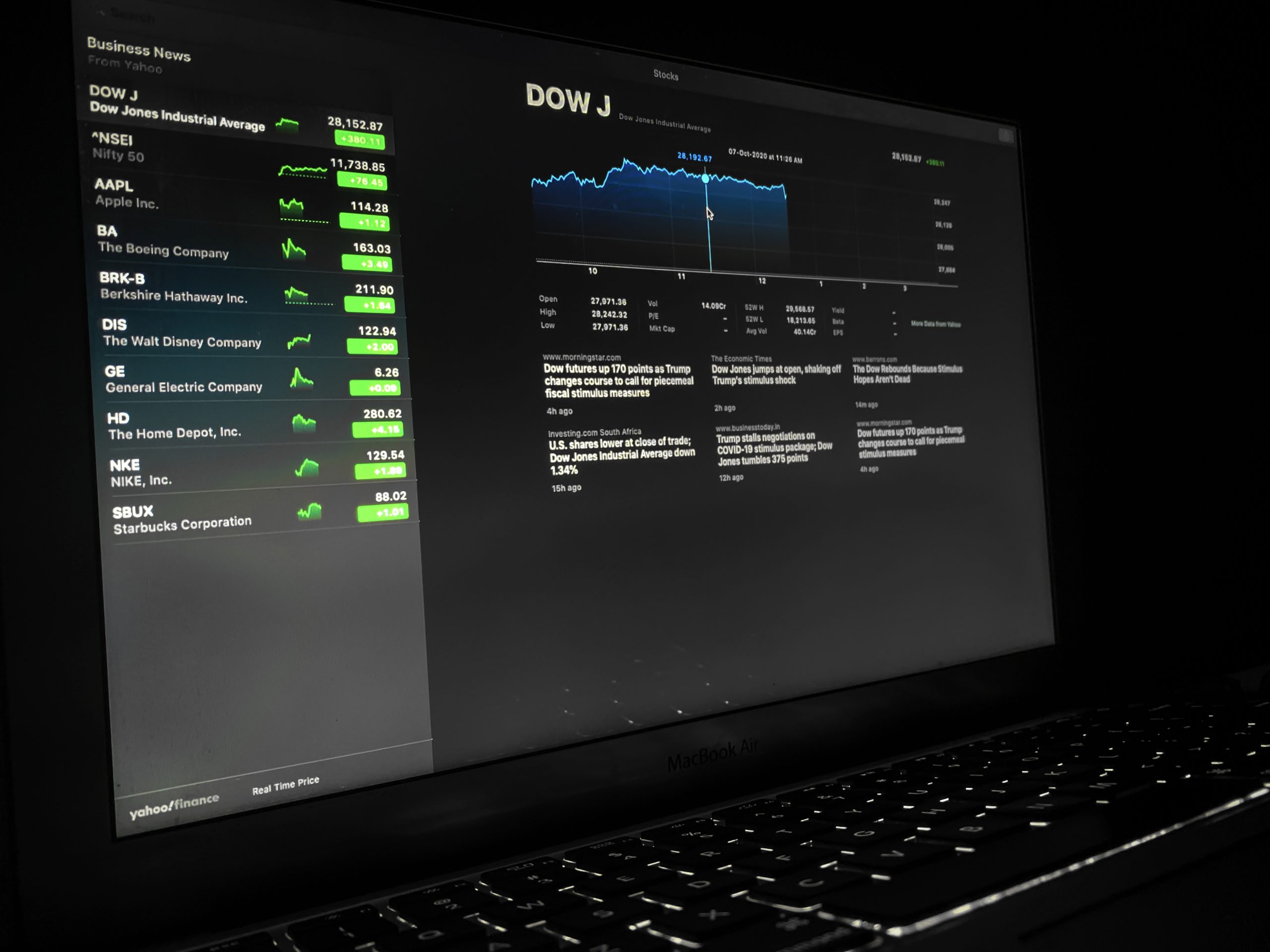
Forex Trading vs Stock Trading: Suitability for Beginners
Beginners may find stock trading more intuitive since buying a company’s share is a straightforward concept. Moreover, the risks are somewhat lower due to limited leverage.
Forex trading, while highly liquid and exciting, demands deeper understanding of macroeconomics, technical analysis, and risk management. Without strong discipline, beginners can quickly lose money.
Which One Should You Choose?
The answer to forex trading vs stock trading depends entirely on your goals, risk tolerance, and lifestyle. If you want high liquidity, flexible hours, and the excitement of trading global events, forex may be your path. If you prefer long-term investments, more transparency, and building wealth gradually, stock trading could be better.
Some traders even combine both, using forex for short-term speculation and stocks for long-term wealth accumulation.
Final Thoughts
When comparing forex trading vs stock trading, it is not about which is objectively better, but which is better for you. Each has unique features, benefits, and challenges. Forex offers unparalleled liquidity and flexibility but comes with high risk due to leverage. Stocks provide ownership and stability but are tied to specific companies and stricter timeframes.
By aligning your personal goals with the right market, you can build a trading or investing strategy that suits your lifestyle and risk appetite. Many successful traders and investors eventually learn to diversify, balancing the dynamic pace of forex with the steady growth of stock portfolios.
Disclaimer: This material is for general information purposes only and is not intended as (and should not be considered to be) financial, investment or other advice on which reliance should be placed. No opinion given in the material constitutes a recommendation by EBC or the author that any particular investment, security, transaction or investment strategy is suitable for any specific person.
